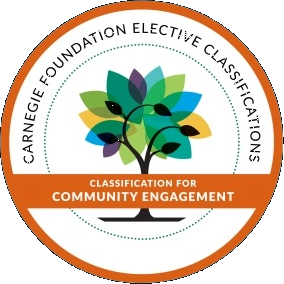Energy Convergence for Off-Grid Amazonian Communities
Maria Claudia Lopez Perez, College of Agriculture and Natural Resources
Emilio Moran, College of Social Science
Rachel Mourão, College of Communication Arts and Sciences
Laboratory of Renewable Energy, Universidade Federal do Oeste Pará, Brazil
Approximately 650 million people worldwide lack consistent and affordable access to energy. Many of them reside in areas not covered by their country’s national grid, and, as a result, they rely on expensive and unreliable diesel generators. An interdisciplinary team of researchers from MSU and Brazil are collaborating with four off-grid communities in Santarém, Brazilian Amazon, to address this issue. Before this project, these communities had access to electricity for at most two to three hours per day, provided they could afford diesel fuel for a community generator. This lack of reliable electricity prevented them from having basic appliances, such as refrigerators, water pumps, and internet modems. Grounded in the scholarship of energy justice, energy sovereignty, and participatory co-design, researchers are working closely with communities through steps that include dimensioning, planning, installation, training, and managing an improved off-grid energy system. Researchers fostered community engagement through citizen science, participatory workshops, surveys, observations, and interactions with community members. Additionally, they provided training on technical installation and maintenance. Each community now owns and governs a system co-designed to align with its values, needs, and local ecological characteristics. They are no longer in the dark.









